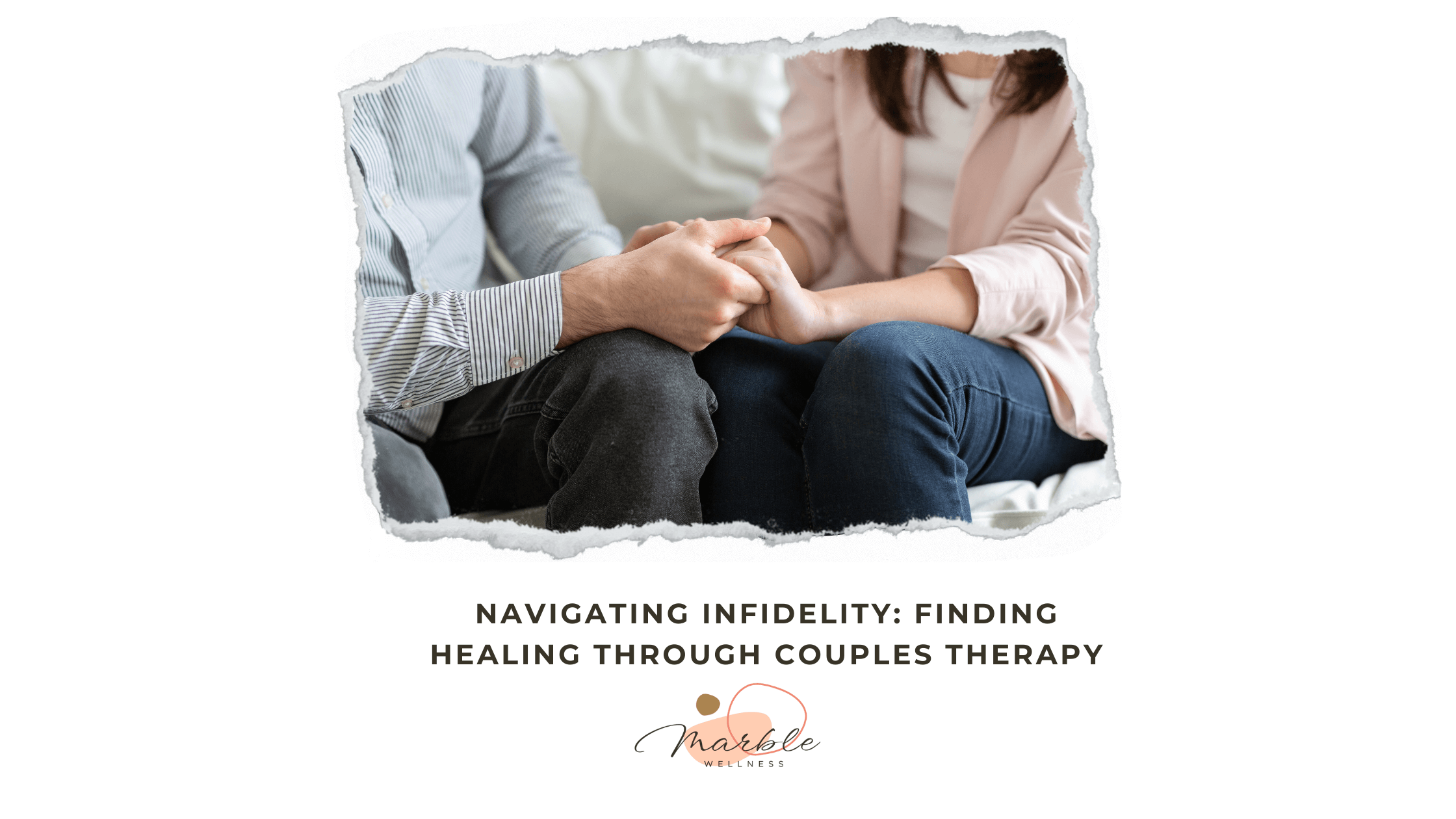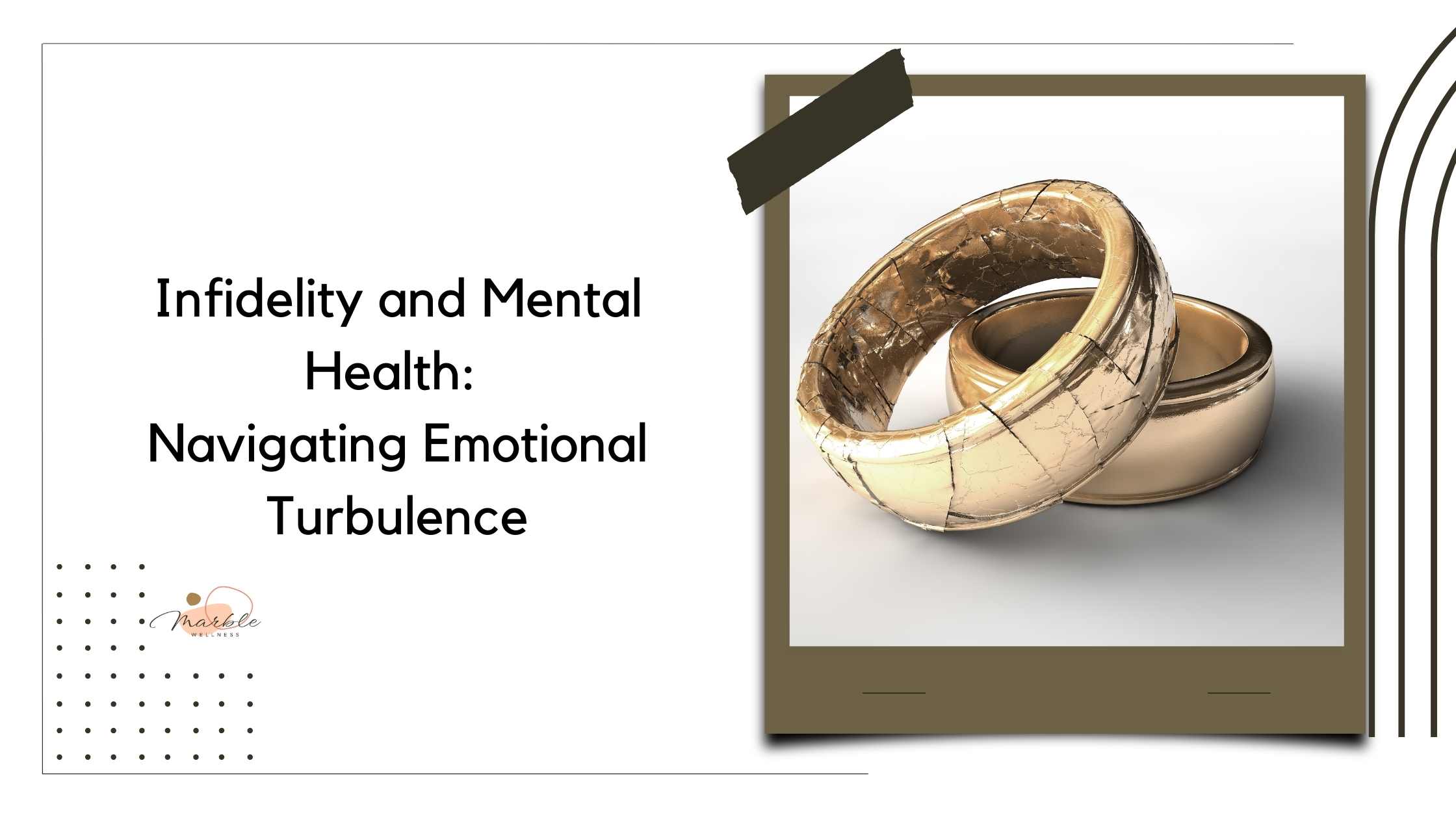The holiday season can be a challenging time for many, but for those grappling with betrayal trauma, it can feel particularly overwhelming. If you’re facing the aftermath of infidelity, sex addiction, or porn addiction in your relationship, know that you’re not alone. As a trainee of Association of Partners of Sex Addicts Trauma Specialist (APSATS), using the Multidimensional Partner Trauma Model, I want to offer you hope and guidance during this difficult time.
Understanding Betrayal Trauma
Betrayal trauma occurs when there’s a significant breach of trust in a relationship, often due to infidelity or addiction. This experience can shatter your world, leaving you feeling lost, confused, and questioning everything you thought you knew about your partner and your relationship.
Common Experiences of Betrayal Trauma
- Intrusive thoughts and nightmares
- Negative mood and isolation
- Avoidance behaviors
- Dissociation
- Intense grief and loss
Many partners of those struggling with sex or porn addiction also face additional challenges such as gaslighting, emotional abuse, and blame-shifting from their partners. These experiences can compound the trauma, making healing seem impossible.
Navigating the Holiday Season
The holidays can intensify the pain of betrayal trauma. Triggers may be more frequent, and the contrast between festive expectations and your internal turmoil can feel jarring. Here are some strategies to help you through:
- Develop Coping Strategies: Learn techniques to manage intrusive thoughts and emotions. Mindfulness and grounding exercises can be particularly helpful.
- Acknowledge Your Grief: It’s normal to mourn the loss of the relationship you thought you had and the future you envisioned. Give yourself permission to grieve.
- Set Boundaries: Decide what feels right for you this holiday season. It’s okay to adjust traditions or skip events if they feel too overwhelming.
- Practice Self-Compassion: Be gentle with yourself. Your feelings are valid, and healing takes time.
- Seek Support: Consider reaching out to a therapist trained in betrayal trauma or joining a support group specifically for partners affected by sex addiction. (Join our mailing list below to stay updated about our group therapy offerings!)
Finding Hope and Healing After Betrayal Trauma
As a therapist specializing in betrayal trauma, I want you to know that there is hope, even when everything feels dark and overwhelming. The path to healing may not be linear, but it is possible, and you don’t have to walk it alone.
First and foremost, I want you to understand that you’re not alone in this struggle. Many others have faced similar challenges and have found their way to healing and growth. The feelings of isolation can be intense, especially during the holiday season, but there are communities of support waiting to embrace you. Support groups, both in-person and online, can provide a safe space where you can share your experiences with others who truly understand.
Healing is possible, and this is a message I can’t emphasize enough. Whether you choose to work on rebuilding your relationship or focus on your individual recovery, growth, and healing are within your reach. The journey may be challenging, but with the right support and tools, you can move forward. I’ve witnessed countless individuals transform their pain into strength, rediscovering joy and trust in their lives.
It’s crucial to know that professional help specifically tailored to betrayal trauma is available. As an APSATS-trained therapist, I use evidence-based approaches designed to address the unique challenges you’re facing. This specialized support can make a significant difference in your healing journey, providing you with strategies to cope with triggers, process your emotions, and rebuild your sense of self.
One of the most devastating aspects of betrayal trauma is the loss of trust – not just in your partner, but often in yourself. I want you to know that you can trust yourself again. Through therapy and personal work, you can reconnect with your intuition, rebuild your self-confidence, and learn to trust your judgment once more. This process takes time, but it’s an essential part of your healing journey.
Lastly, and perhaps most importantly, I want you to understand that your needs matter. In the aftermath of betrayal, it’s common to feel like your world has been turned upside down, and you might be tempted to put everyone else’s needs before your own. However, prioritizing your well-being and safety is not selfish – it’s necessary for your healing. You have the right to set boundaries, to take time for self-care, and to make decisions that support your recovery.
Taking the First Steps to Betrayal Trauma Recovery
If you’re ready to begin your healing journey, here are some actionable steps you can take:
- Seek Specialized Therapy: Reach out to a therapist trained in betrayal trauma and the APSATS model, like me.
- Join a Support Group: Connect with others who understand your experience. (Join our newsletter above to stay in the know about our support and group therapy offerings!)
- Educate Yourself: Learn about betrayal trauma and its effects to better understand your experiences. What further questions do you have about this? Contact us to ask questions (privately) for us to address in future blog posts.
- Practice Self-Care: Prioritize activities that bring you comfort and peace, especially during the holiday season. We have a number of blog posts about self-care and holidays to help provide ideas and inspiration.
- Set Realistic Expectations: Remember that healing is a process, and it’s okay to take it one day at a time.
Remember, the journey to healing from betrayal trauma is deeply personal. There’s no one-size-fits-all approach, and that’s okay. As you navigate this challenging time, especially during the holiday season, be patient with yourself. Healing takes time, but with each step forward, you’re reclaiming your strength and writing a new chapter in your story. You are resilient, you are worthy of healing, and there is hope for a brighter future ahead.
Start Therapy in St. Louis, MO
If you live in St. Louis and are ready to improve your mental health, we are here to help. Or, get help for betrayal trauma wherever you are in the state with online therapy in Missouri!
Contact Us!
Learn About Our Group Offerings

About the Author: STL Therapist Marissa Barbeau

Marissa Barbeau received a Master’s of Education (M.Ed) in Clinical Mental Health with a certificate in Couples and Family Counseling from the University of Missouri-St. Louis. In addition, Marissa holds a National Certified Counselor Certification (NCC). As a Master’s level therapist at Marble Wellness in St. Louis, Missouri, Marissa specializes in working with adults needing individual or couples counseling, maternal mental health challenges, addiction and recovery as well as grief and loss. With over nine years of experience as a birth doula and mental health professional, Marissa brings a unique blend of compassion and expertise to her therapeutic approach.
Through the lens of Attachment Theory and Emotion Focused Therapy, Marissa helps individuals and couples gain a deeper understanding of their emotions, how to express and regulate emotions, build self-compassion and empathy towards others, and overall work towards identifying unmet needs. She is particularly dedicated to supporting individuals/couples navigating complex relational challenges, including betrayal trauma and partners of sex addicts. As an APSATS professional, Marissa is committed to providing specialized, trauma-informed care. Her professional philosophy centers on helping clients feel seen and understood.
By exploring life patterns and building strong therapeutic relationships, Marissa guides clients through their healing journey with empathy and professional insight. Whether working with individuals, couples, or families, she believes in the power of compassionate, client-centered therapy to facilitate meaningful personal growth and transformation. When not supporting her clients, Marissa enjoys cooking, creative interior design projects, and spending time with her Bernedoodle, Grizz, who is currently training to become a therapy dog.
-Marissa Barbeau, MEd, PLPC, NCC, APSATS Trainee
Additional Counseling Services at Marble Wellness in St. Louis, MO
Our counseling services are designed to help set you on a path of living a more fulfilled, calm, and happy life. Our incredible team of STL-based therapists has a variety of training backgrounds and areas of expertise. We specialize in anxiety, depression, grief, chronic illness, therapy for men, couples, and maternal overwhelm. Our practice also helps new moms with various postpartum concerns, moms in the thick of parenting, and moms with teens. We can also chat from wherever you are in the state with online therapy in Missouri. No matter where you are in your mental health journey, we would love to support you.



